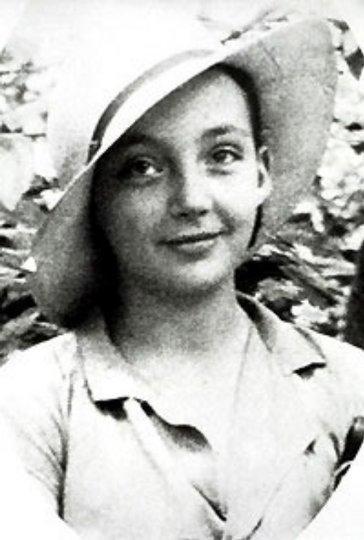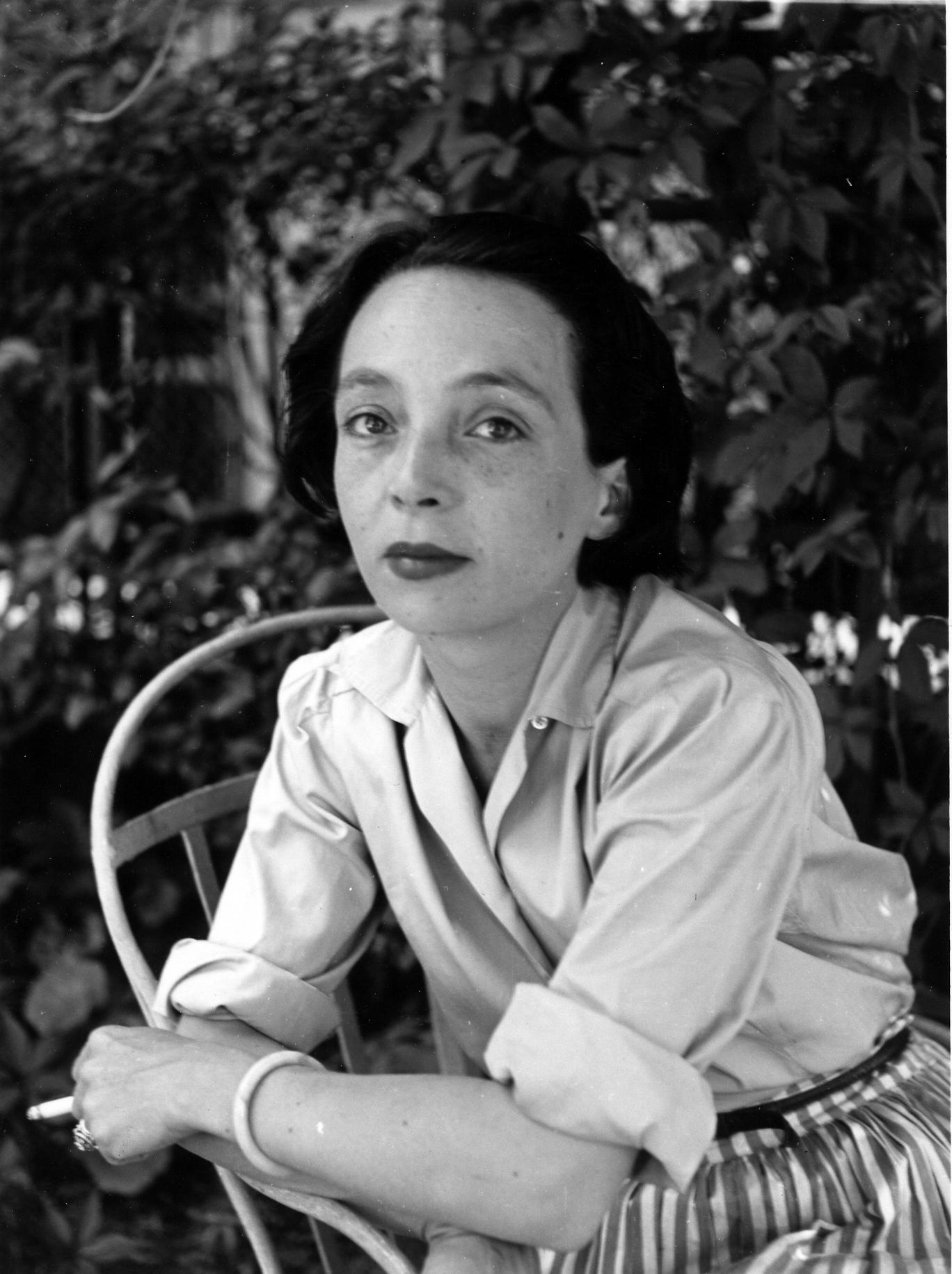Marguerite Duras (Marguerite Duras)

Marguerite Duras was the author of many novels, plays, films, interviews, essays, and short fiction, including her best-selling, highly fictionalized autobiographical work L’Amant (1984), translated into English as The Lover, which describes her youthful affair with a Chinese man. This text won the Goncourt prize in 1984. The story of her adolescence also appears in three other forms: The Sea Wall, Eden Cinema and The North China Lover. A film version of The Lover, produced by Claude Berri and directed by Jean-Jacques Annaud, was released to great success in 1992. The Sea Wall was first adapted into the 1958 film This Angry Age by René Clément, and again in 2008 by Cambodian director Rithy Panh as The Sea Wall. Other major works include Moderato Cantabile, also made into a film of the same name, Le Ravissement de Lol V. Stein, and her play India Song, which Duras herself later directed as a film, also titled India Song (1975). She was also the screenwriter of the 1959 French film Hiroshima mon amour, which was directed by Alain Resnais.
Marguerite Duras’s early novels were fairly conventional in form (their “romanticism” was criticized by fellow writer Raymond Queneau); however, with Moderato Cantabile, she became more experimental, paring down her texts to give ever-increasing importance to what was not said. She was associated with the Nouveau roman French literary movement, although she did not belong definitively to any group. Many of her works, such as Le Ravissement de Lol V. Stein (1964) and L’Homme assis dans le couloir (1980) deal with human sexuality. Her films are also experimental in form; most eschew synchronized sound, using voice over to allude to, rather than tell, a story; spoken text is juxtaposed with images whose relation to what is said may be more-or-less indirect. Despite her success as a writer, Duras’s adult life was also marked by personal challenges, including a recurring struggle with alcoholism. Marguerite Duras died of throat cancer in Paris, aged 81. Her funeral, held in the packed church of Saint-Germain-des-Pres, was highlighted with several musical recordings, including a piano version of India Song. She is buried in the Cimetière du Montparnasse. She was noted for her command of dialogue. In 1983 she was awarded the Grand Prix du Théâtre de l’Académie Française.
Born
- April, 04, 1914
- Saigon, Cochinchina, French Indochina
Died
- March, 03, 1996
- Paris, France
Cause of Death
- throat cancer
Cemetery
- Cimetière de Montparnasse
- Paris, France



